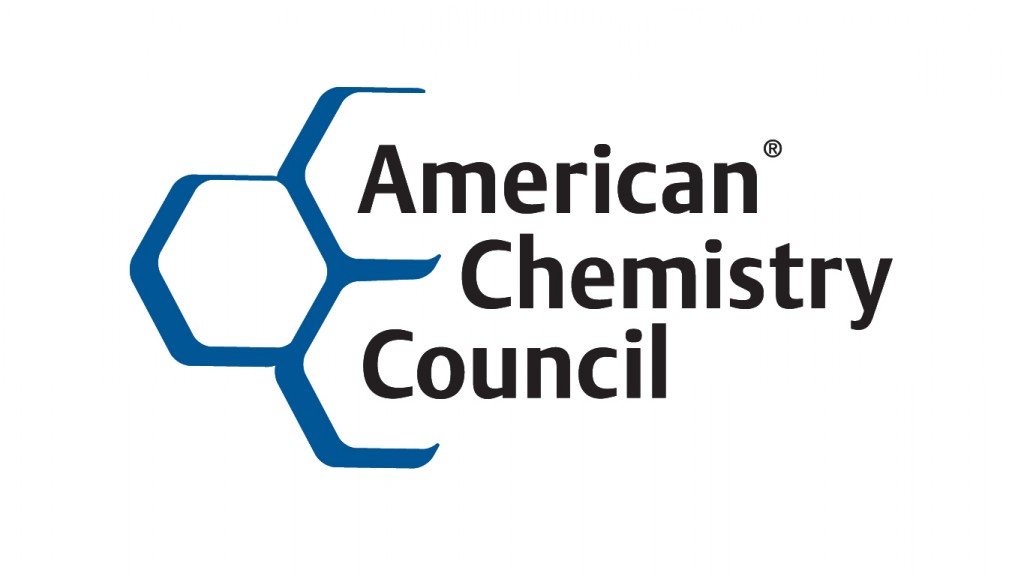| 3/25/15 - Competition Important for Michigan’s Energy Policies |
|
As legislative committees continue to debate energy policy for our state, there continues to be misinformation and confusion around the issue of electric competition. Because high energy costs are a significant burden on Michigan’s chemistry companies, MCC executive director John Dulmes noted the following: “There have been many arguments about the problems Michigan will face unless we return to a fully-regulated monopoly, and many negative claims made about competitive energy markets. It should be understood that all of Michigan’s electric providers have to meet the same capacity and RPS requirements instituted by MISO and the MPSC. Indeed, many companies use their market access to significantly exceed the 10% renewables requirement in pursuit of corporate sustainability goals,” Dulmes said. “Likewise, all of Michigan’s utilities participate and make purchases from the same regional markets as alternative electric suppliers, and will continue to do so for the foreseeable future. Whether a customer is served by an incumbent utility or an alternative supplier has no bearing on the overall capacity available to meet that demand.” Dulmes continued, “The volts do not distinguish between providers.” “It is also unfortunate that the UP’s unique situation has been used to justify returning the whole state to a full monopoly. In reality, the Presque Isle Power Plant was slated for closure by its utility parent long before its largest customer exercised its choice option. That plant’s problems – like the EPA issues facing Michigan’s other coal power plants – have been known for years, and the current regulatory structure failed to address the situation on behalf of our state’s electric customers. In fact, the real solution to the U.P.’s energy problem has come from an independent electric supplier.” “We disagree that electric competition is jeopardizing Michigan’s energy reliability. Instead of returning to a full monopoly, we think that a broad range of energy solutions should be allowed to compete to meet our state’s energy needs effectively and affordably. Then we can grow jobs and investment in Michigan,” Dulmes said. Michigan’s chemistry companies support competitive energy markets, as well as a number of other policies to help advance affordable and sustainable energy for the state. The MCC's 2015 Energy Policy Agenda The Michigan Chemistry Council, established in 1967, represents Michigan’s chemical manufacturers, formulators and distributors. Chemistry is Michigan’s third-largest manufacturing sector, supporting nearly 120,000 Michigan jobs and generating $127 million in state and local taxes. For more information, please visit www.MichiganChemistry.com |


